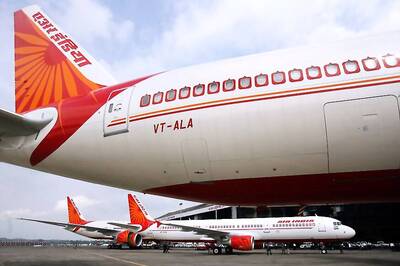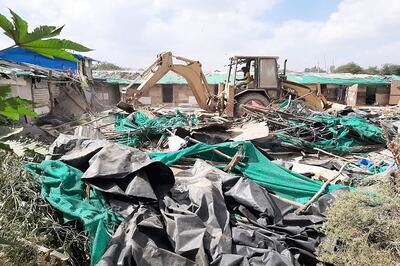
views
Almaty/Nur-Sulthan: Police detained dozens in Kazakhstan's two largest cities on Saturday as they took part in the latest protest against China's influence in the Central Asian republic.
Neighbouring China is already one of Kazakhstan's largest investors and trade partners and a plan to relocate a number of Chinese plants and factories to the former Soviet republic has faced public opposition.
The latest round of protests on Saturday was organised by supporters of Mukhtar Ablyazov, a fugitive banker living in France who has been the fiercest critic of Kazakhstan’s first president, Nursultan Nazarbayev.
Nazarbayev resigned last March after running the oil-rich nation for almost thirty years, but retains sweeping powers as the head of the security council and the ruling Nur Otan party.
Kazakh authorities consider Ablyazov's political movement extremist and involvement in its activities a crime. Authorities have detained 57 people and may be charged, the interior ministry said.
"You know that as of today's date at 2 p.m. the banned DCK in Kazakhsan was called upon to gather... we (the police) asked people to disperse, and those who didn't, were taken to the district offices for questioning," Bakytzhan Malybayev, first deputy chief of Nur-Sultan police, told reporters. "We will carry out questioning and then the people will be released."
Reuters reporters witnessed several arrests in Nur-Sultan and Almaty. In Kazakhstan's capital Nur-Sultan, police detained a man with a banner reading: "Let's not give way to Chinese expansion" and "The old man is the enemy", an anti-Nazarbayev slogan. Several people chanted:"Freedom to political prisoners".
Some protesters tried to escape as police moved in and smashed the windows of a police bus.
In Almaty, protesters were quickly taken away to police buses as they began chanting slogans against Chinese expansion and "Old man, go away!"
China is a major investor in Kazakhstan's energy sector and buys oil and gas from the mostly Muslim nation of 18 million, but critics accuse some Chinese companies - as well as Western ones - of hiring too few local staff and paying them less than foreign workers.




















Comments
0 comment